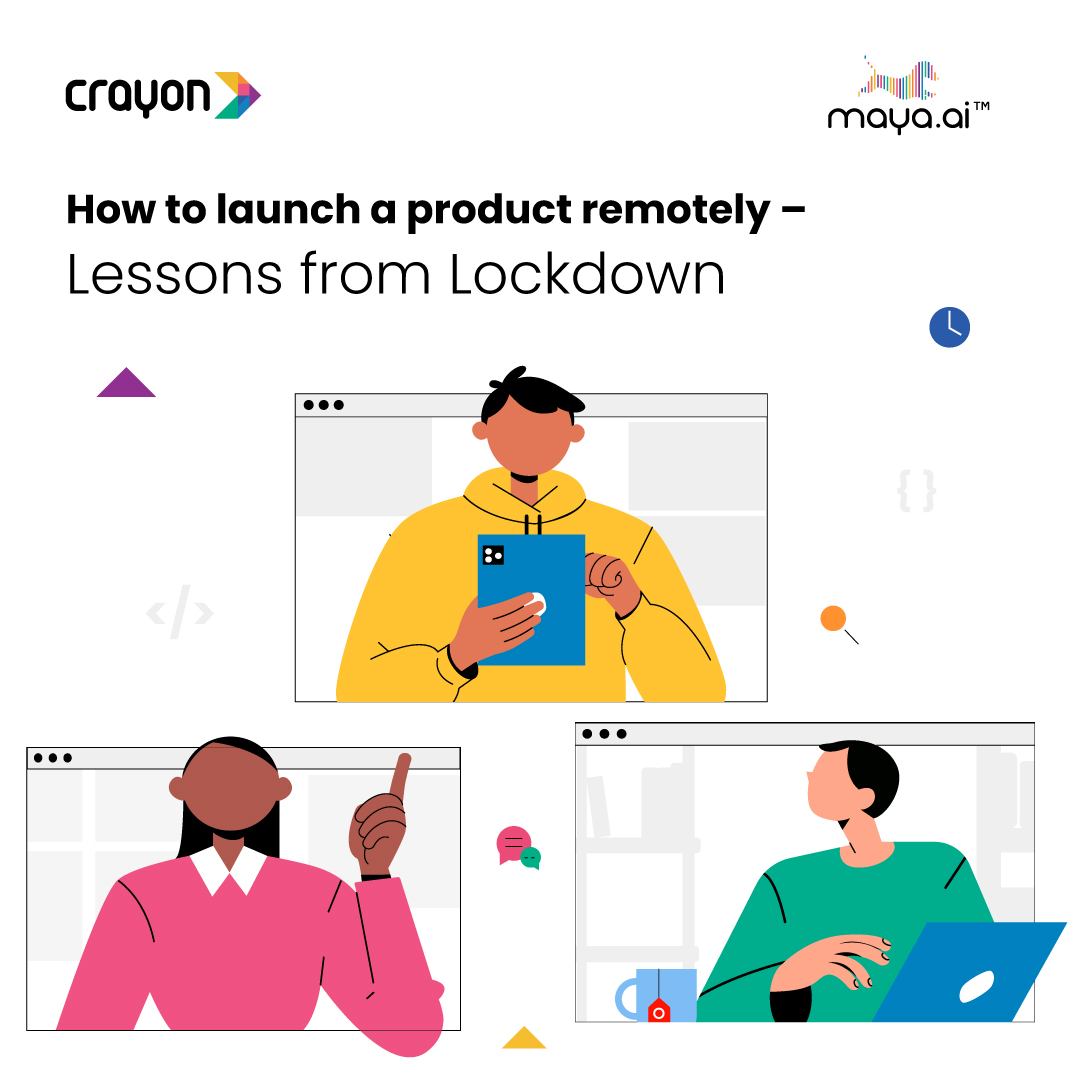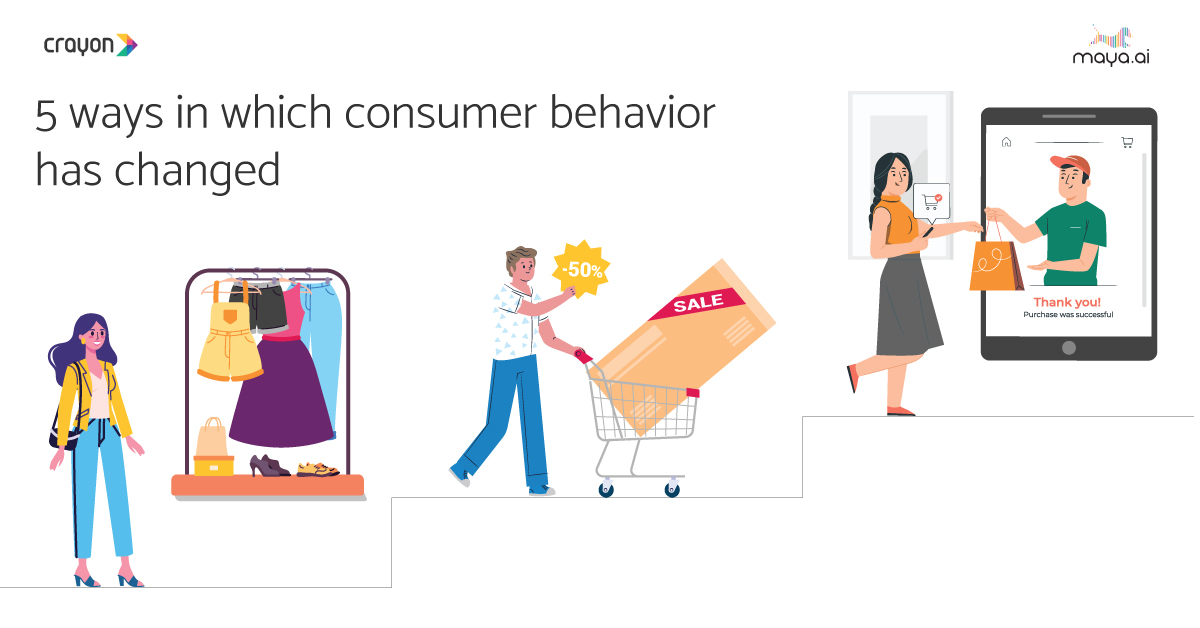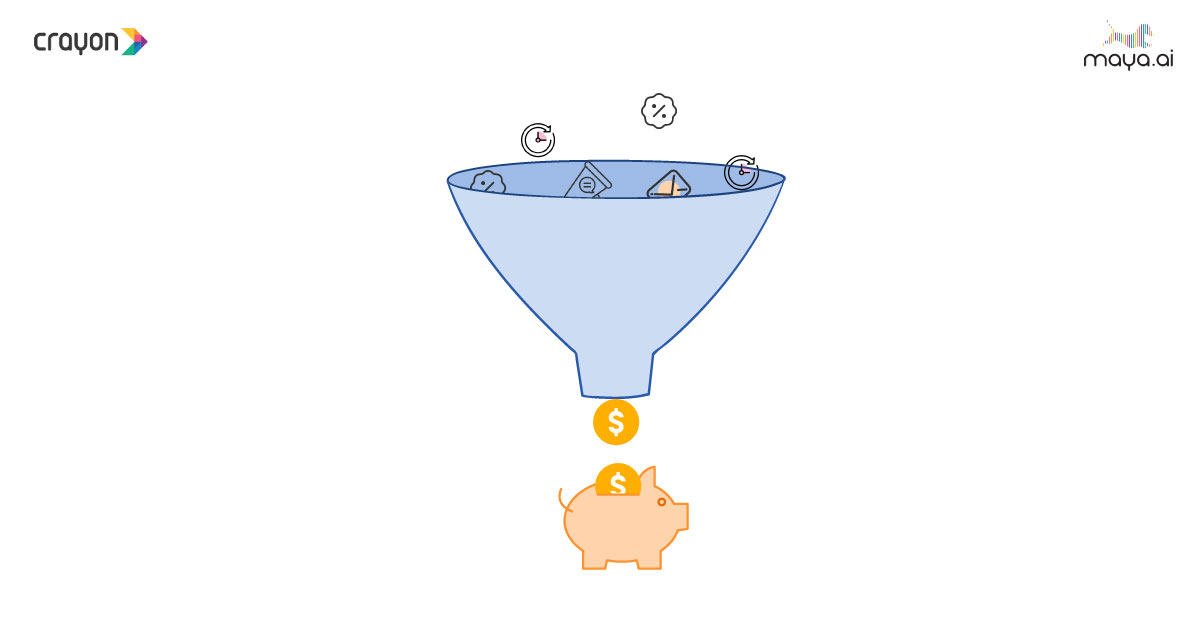Anyone who has even a passing interest in the tech world has heard of VPNs by now. They’ve seen them mentioned in posts about privacy, and spotted the many ads provided through PPC campaigns or influencer sponsorships (NordVPN, Private Internet Access and ExpressVPN in particular have invested heavily in sponsoring notable YouTube content creators).
That said, they’ve almost exclusively seen them talked about as personal utilities. tools for individuals to use to protect their personal data, access streaming services and websites from other countries, and conceal digital piracy. In truth, it’s the latter two that matter the most.
Indeed, if you discount platform-related terms, the most common VPN-related keywords are “Netflix” and “torrenting”. Wanting to use different Netflix libraries is a big motivator for many: American users might want to see shows that are only available for UK users, for instance, particularly since show licences can expire (or be withdrawn) quite unexpectedly.
As for torrenting, well, “best VPN for torrenting” is a reasonable search because having access to a VPN is undeniably the best way to torrent (regardless of whether there’s piracy involved). Some ISPs can crack down on speeds for perfectly-legitimate torrents (generally system updates and other communal resources), and activating a VPN can get around this.
But VPNs aren’t only valuable to individuals looking to catch some shows that aren’t typically accessible in their regions: they also have value for businesses. In this post, we’re going to look at the main ways in which VPNs are benefiting businesses in 2020. Here we go:
They’re making remote working easier
With so many people working remotely due to the coronavirus-induced lockdown, businesses everywhere have been understandably concerned about maintaining productivity. One of the core advantages of the classic office system is that you can keep everything stored locally so that anyone physically present can easily access it. Even those who aren’t very tech-savvy can get along, particularly with more knowledgeable colleagues nearby to help them.
Now that people are working in isolation, it’s tougher to keep those who aren’t tech-savvy from making basic mistakes or even failing outright to get to the files they need. That’s where company VPNs become very useful. Ensuring that everyone in the company stays connected to a specific VPN means that everyone will have access to the same resources — and if it’s necessary for someone to get some remote access assistance, that’ll be much easier.
They’re keeping company files safe
As well as making company files easier for employees to access, using a business VPN makes them significantly more secure — and cybersecurity is a major concern for very good reason. Consider the alternative of having everything in a shared folder somewhere: even with password protection in place, it’s possible for shared files to be compromised due to the individuals viewing them having their connections monitored.
Having all files not only protected by company logins but also shielded by company-controlled connections makes it markedly harder for anyone to interfere. It also makes it possible, for anyone who’s so inclined, to monitor the activity of those connected to some extent — an option that isn’t generally a good idea, but could be useful retroactively in the event that someone did something on the company network that they weren’t supposed to do.
They’re making more SaaS tools available
The appeal of routing a connection through another country doesn’t just lie in using streaming services like Netflix or Spotify. It’s also a great way to expand the range of available SaaS tools. It’s fairly common for services to be launched only in certain regions — North America more often than not, but certainly not always — due to legal matters and limited customer support resources, but if you’re really eager to use a new tool then you can simply use a VPN first.
This isn’t ideal, obviously. If you run into issues then you can’t exactly reach out for official assistance, some features might not work regardless of your connection, and there’s a decent chance that payment issues will come along eventually (though using go-betweens such as PayPal generally makes it possible to obfuscate the source account). But it’s annoying to find a tool that does exactly what you need only to find that it’s not yet available in your area — so having a way to get around that limitation is absolutely worthwhile.
VPNs are extremely useful for individuals who want to use the internet more safely and have more options, but they can do much the same things for companies (albeit to different extents and in slightly different ways). If you’re running a business but have yet to learn much about VPNs, this is a good time to do some research: you might well benefit from taking advantage of them.

























